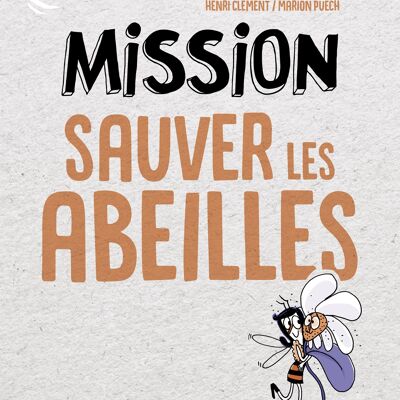


Flowa Bomba to help ladybugs Admit it: you, too, go into ecstasies in front of ladybugs: you try to make them come to your hand, and you exclaim when they fly away... You may not know it, but there are farms ladybugs: they are used in organic farming as a natural insecticide because they eat a lot of aphids. Dots...to the line! At the risk of disappointing you, the number of dots present on the ladybugs does not indicate their age. In reality, their points indicate to which species they belong: some ladybugs have 24 points, while their average lifespan is 3 years. So, in addition to their color, ladybugs are characterized by their dots. Unfortunately, they are also among the pollinators threatened with extinction. In addition to human factors such as the use of insecticides and pesticides, or pollution, there are other reasons for their disappearance: they are decimated by certain species of wasps, but especially by the arrival of Asian ladybugs ( that eat the larvae). Flowers for these ladies! Since ladybugs are active from April to the end of November, we have made seed bombs of 6 plants, which bloom from spring until autumn: The Cornflower: sometimes called "Casse-lunettes", this annual with pretty blue flowers is unfortunately endangered. Wild chervil: this perennial plant found on embankments and in hedges has tiny white flowers that are very attractive to pollinators. The Knautia of the fields: with its air of purple pompom, the flower this perennial plant attracts insects well. Foxglove: also called "Gant-de-Bergère", this large plant with fuchsia pink flowers is an incomparable source of pollen and nectar. Tansy: also called "Sent-bon", this large perennial plant with yellow flowers smells very strongly and is used as a bio-insect repellent against ants and ticks for example. Yarrow: this perennial plant has the particularity of being edible. Also called "military grass", it is drought resistant and its white flowers attract daytime pollinators. There are other inhabitants in your garden... ... and you can help them: bees, hedgehogs, butterflies, bats and birds are just waiting for one thing: for you to plant Flowa Bomba balls!








